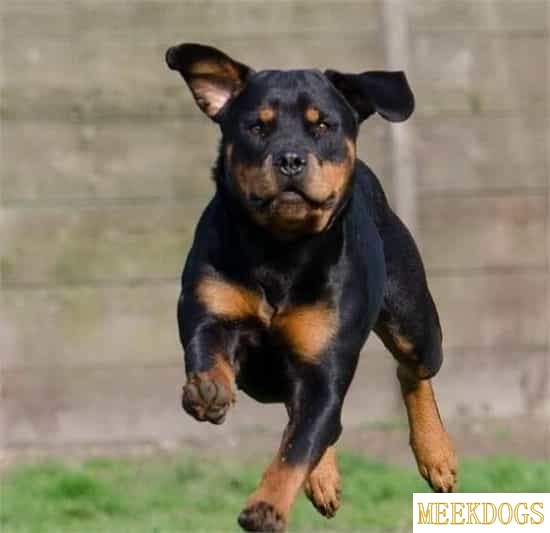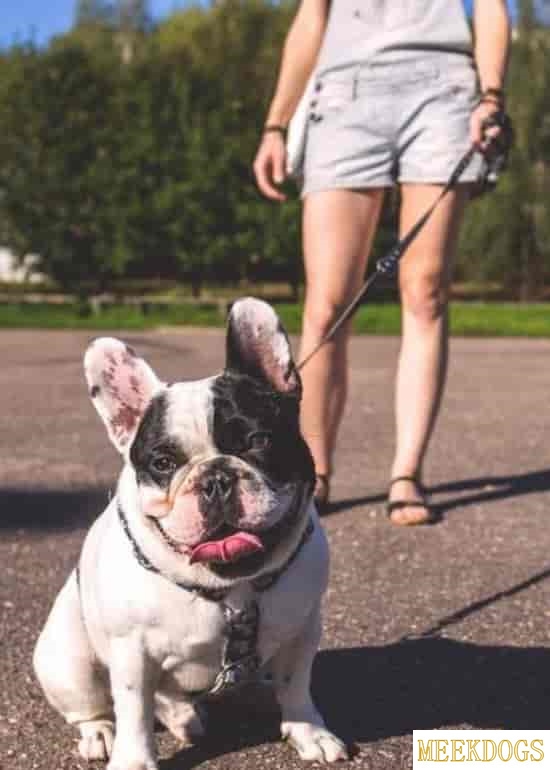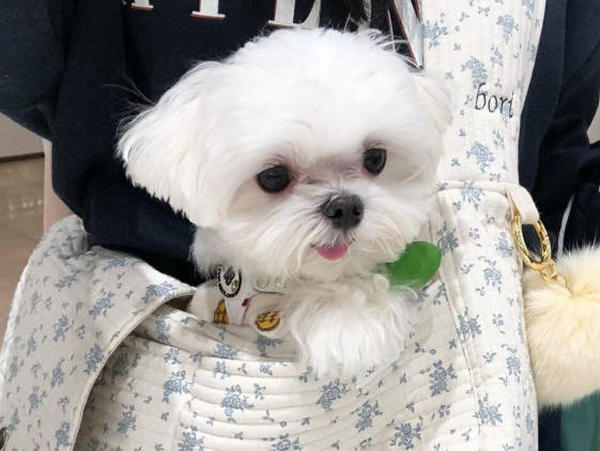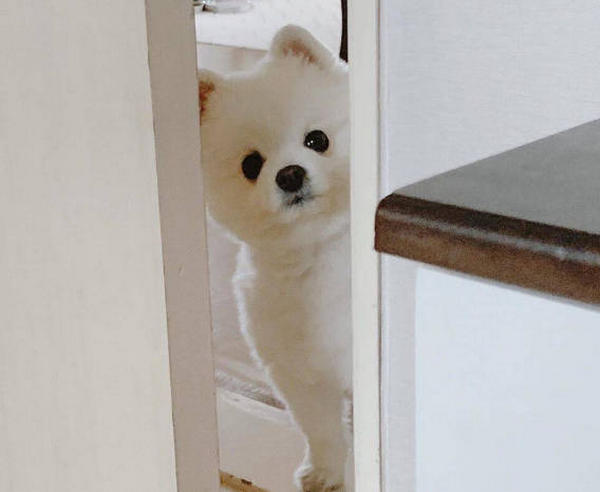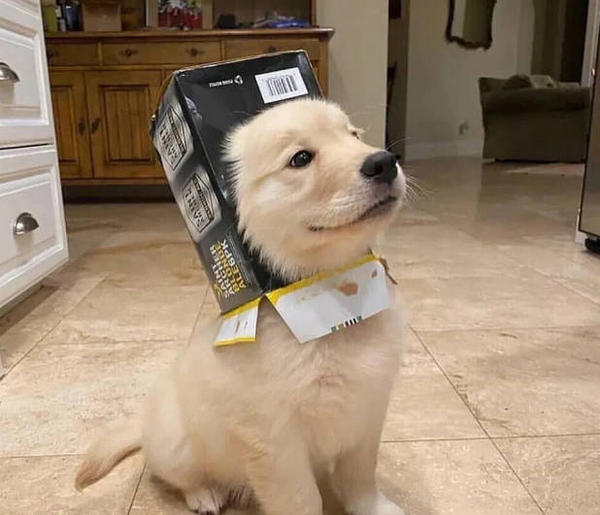Why do some puppies not like children?

Why do some puppies not like kids?
Puppies may not like kids because they are unfamiliar with them. Kids may move around quickly, make loud noises, or even pull on the puppy’s fur. It is important for puppies to be socialized with kids from an early age in order to help them learn to be comfortable around them.
What do I do if my dog doesn’t like the baby?
If your dog does not like the baby, it is important to work on building a positive relationship between them. Start by introducing the baby to your dog in a controlled, safe environment. Allow your dog to sniff the baby and give them treats for calm, appropriate behavior. Make sure that your dog is never left alone with the baby, and always supervise their interactions. Additionally, provide your dog with plenty of exercise and mental stimulation to help them stay calm and relaxed around the baby.
Why does my puppy bark at my child?
Puppies may bark at children for a variety of reasons. It could be due to fear or anxiety, or it could be a sign of excitement or playfulness. It could also be a sign of territoriality or possessiveness. It is important to observe the context and body language of your puppy when it barks at your child to get a better understanding of why it is doing so. If you are concerned, it is best to consult a professional trainer or behaviorist.
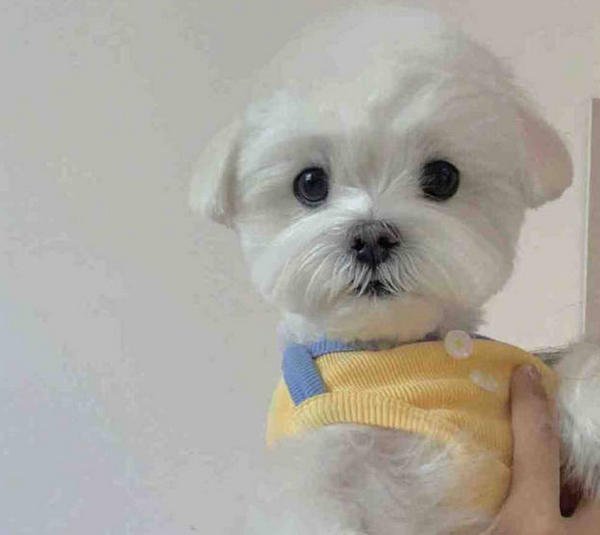
How do I teach my puppy to play with my child?
1. Start by teaching your puppy basic obedience commands such as sit, stay, and come. This will help your puppy understand what is expected of them when interacting with your child.
2. Give your puppy toys that are safe for them to play with and that your child can join in with.
3. Show your puppy how to play with the toys and encourage them to interact with your child.
4. Supervise your puppy and child when they are playing together and intervene if necessary.
5. Reward your puppy with treats and praise when they interact with your child in a positive way.
6. Provide your puppy with plenty of mental stimulation and exercise to help keep them occupied and prevent them from getting bored.
7. Make sure your puppy has a safe place to retreat to if they need a break from the playtime.
How do dogs know not to hurt babies?
Dogs have an innate understanding of the vulnerability of babies and young children. They can sense the difference in energy between a baby and an adult and they know to be gentle and protective. Dogs also learn by watching their owners interact with babies. If owners are gentle and loving with a baby, the dog will likely follow suit.
Do dogs get jealous of newborns?
Yes, dogs can get jealous of newborns. They may feel threatened by the attention the baby is receiving and may act out to get attention. It is important to provide extra love and attention to the dog to make them feel secure.
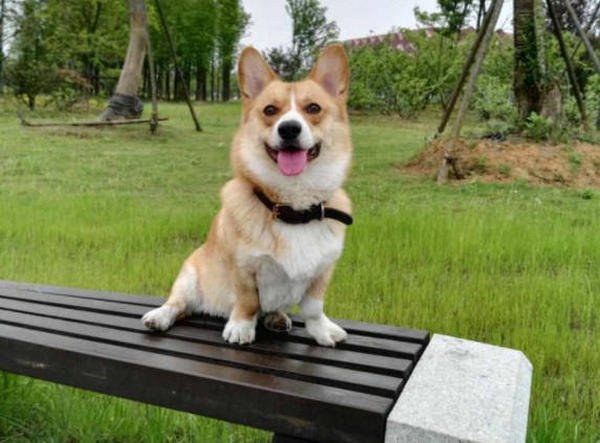
How do I train my dog not to jump on kids?
1. Teach your dog to sit when visitors come in. Have them sit for a few seconds before giving them attention.
2. When your dog jumps on a child, immediately turn your back and ignore them.
3. Give your dog a command such as ¡°down¡± or ¡°off¡± when they start to jump.
4. Reward your dog when they obey your command.
5. Redirect your dog¡¯s attention to an appropriate activity such as playing with a toy or going for a walk.
6. Be consistent with your training and don¡¯t allow your dog to jump on any person, regardless of age.
How do I teach my dog not to jump on kids?
The best way to teach your dog not to jump on kids is to ignore the behavior. When your dog jumps on a child, turn away and ignore the dog. If necessary, you can also gently push the dog away and say ¡°off¡±. When the dog is not jumping, give him lots of attention and praise. You can also teach your dog a ¡°sit¡± command, and have the dog sit when children come around. This will help him learn that jumping is not an acceptable behavior.
How do you know if a dog will be good with kids?
The best way to determine if a dog will be good with kids is to observe its behavior around children. Look for signs of gentleness, such as a willingness to be petted and a calm demeanor. It is also important to look for signs of aggression, such as growling or barking. If the dog is comfortable around children and shows no signs of aggression, it is likely a good fit for a home with kids.
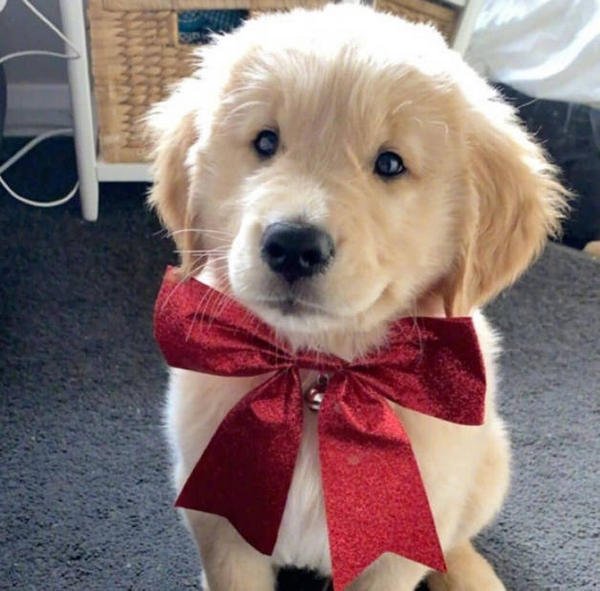
Why does my dog not like kids?
There could be a variety of reasons why your dog does not like kids. It could be because they are unfamiliar or uncomfortable with children, they may have had a bad experience with a child in the past, or they may just be uncomfortable with loud noises and sudden movements that children tend to make. It is important to remember that all dogs are different and it is best to speak to a qualified and experienced animal behaviorist to determine the best course of action.
What is the best age to get a puppy for a child?
The best age to get a puppy for a child depends on the individual child and family. Generally speaking, the American Kennel Club recommends that puppies be at least 8-10 weeks old before being adopted into a home. This is the age at which puppies are typically most socialized and ready for a new home. It is important to consider the child’s age, maturity level, and ability to care for the puppy before bringing a puppy into the home.
Can a child train a puppy?
Yes, a child can train a puppy, but they may need adult supervision to ensure they are using positive reinforcement methods.
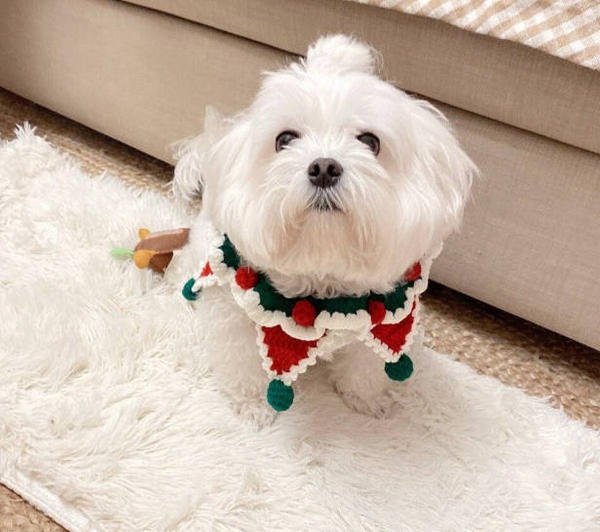
Is it a good idea to get a puppy with a toddler?
It can be a good idea to get a puppy with a toddler, but it is important to make sure that the puppy is properly trained and socialized and that the toddler is old enough to understand how to interact with the puppy safely and responsibly. It is also important to ensure that the puppy and the toddler are supervised while they are together.

